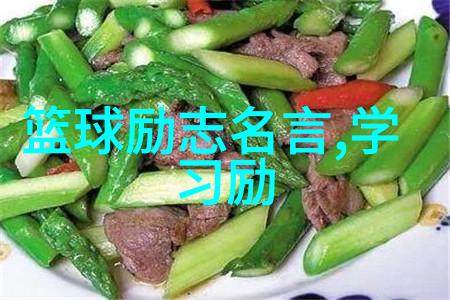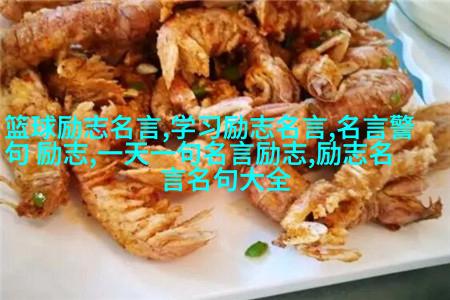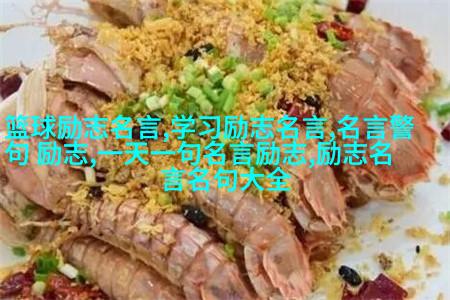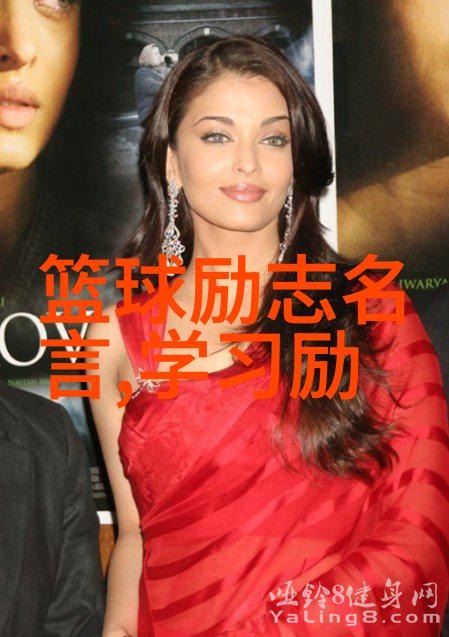孔子与莎士比亚的对偶智慧经典语录对答
莎士比亚经典语录对偶智慧:孔子与西方智者的共鸣

孔子说:“有朋自远方来,不亦乐乎?”
莎士比亚说:“To thine own self be true, and it must follow, as the night the day, thou canst not then be false to any man.”

孔子说:“富而可求也,虽执鞭之士,吾亦为之。如不可求,从吾所好。”
莎士比亚说:“How far that little candle throws his beams! So shines a good deed in a weary world.”

孔子说:“知之者不如好知者,好之者不如乐之者。”
莎士比亚说:“Love all, trust a few, do wrong to none.”

孔子说:“学而不思则罔,思而不学则殆。”
莎士比亚说:“The play's the thing wherein I'll catch the conscience of the king.”

孔子说,“远人不服则修文德以来之;既来之,则安之。”
莎士比亚say: “To be or not to be: that is the question”
孔子說“知者樂水,仁者樂山”。
沙翁斯貝亞說:"It was much better than nothing."
孔子說“非礼勿视,不祥勿听,无恶同居。”
沙翁斯貝亞說:"Thou art my life; my love".
孟轲曰:「君臣有重焉,而礼义是以立。」
沙翁斯貝亞曰:「For in that sleep of death what dreams may come」。
子曰:「君子的美,不在其貌,小人的美,在其貌。」
沙翁斯貝亞曰:「All's well that ends well」.
10、孔子的名言警句:
- 知足常乐。
- 不患寡与患者难。
- 修身齐家治国平天下。
- 君子は和して異なる,小人は同じくして和れない。
11、莎士比亚的名言:
- To thine own self be true.
- All's fair in love and war.
- We know what we are yet we know what we may become.
12、两位伟大思想家的名言交织在一起,以此探索人类的智慧和道德真理。



